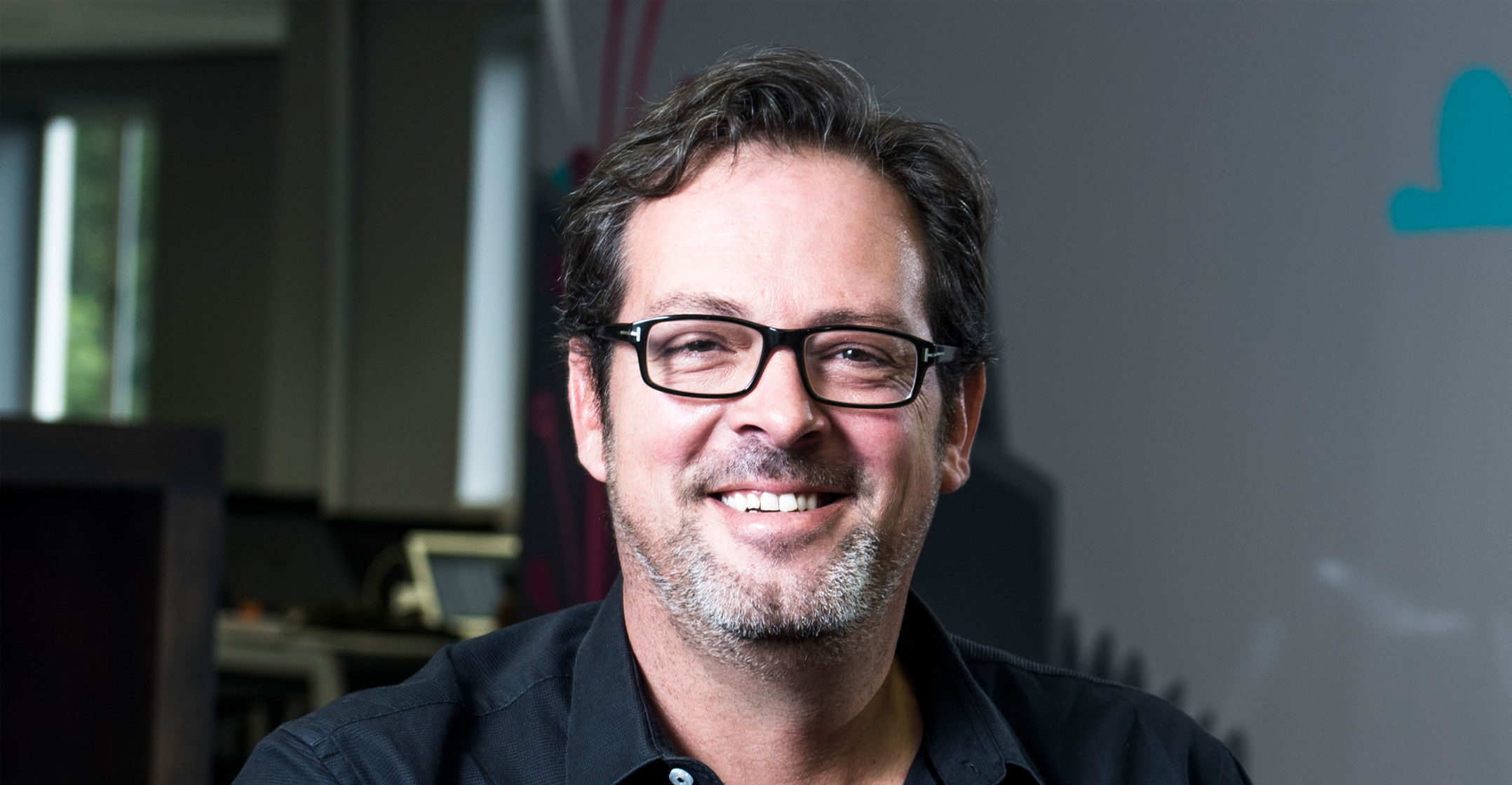
In a move that has stunned the market, fibre-to-the-home operator Vumatel will begin a pilot before the end of the year to offer uncapped 100Mbit/s fibre connectivity to residents of Alexandra in Johannesburg.
The connectivity itself is not ground-breaking; rather it is Vumatel’s price for the service of just R89/month. If the Alex pilot is a commercial success, and Vumatel CEO Niel Schoeman told TechCentral that he believes it will be, it has an ambitious plan to connect millions more in underserviced areas inside the next two years.
This is the first move by a connectivity provider to specifically target township markets with an offering at a price point (and model) that is exceptionally compelling.
Alphonzo Samuels, CEO of Telkom’s wholesale business Openserve, contends that the operator has “been in townships for a long time”. Samuels argues that it has both fixed-wireless access coverage and fixed-line coverage in Alexandra, but that it hasn’t seen the uptake. It must be noted that Telkom’s entry-level (4Mbit/s) uncapped service costs R599/month.
Selling uncapped, high-speed Internet access at under R100/month could upend the broader market (and create an entirely new one). In an interview on the sidelines of Telkom’s Satnac conference earlier this month, Samuels admitted frankly that he is “really struggling to see the business model”. While referring to “international benchmarks”, he conceded that this pricing had simply not been seen before.
“Remember, they’re calling it a pilot,” said Samuels. “If you look at the contention ratio, it’s not exactly what they’re offering to other customers.”
Aerial fibre
Vumatel will apply a contention ratio of 20:1, which means that as many as 20 customers will use the same 100Mbit/s of capacity. This means that, in the worst case, with all 20 placing high demands on their connections, customers will experience speeds of around 5Mbit/s. The contention ratio, as well as the fact that it is deploying aerial (not trenched) fibre, is what has helped Vumatel achieve the aggressive pricing it has.
Importantly, this pilot (and any future roll-out) is not being subsidised by its customers in the suburbs in any way. Schoeman told TechCentral: “This is a fundable model… Without giving away too much of our business model, we have a little bit of magic that will make the economics work.”

One hurdle facing Vumatel, or anyone else who attempts to copy this model, is that the fibre installation process is not quite as straightforward as a landline (a few strands of copper). Another is that there are unique infrastructure challenges in informal areas.
It is here that Openserve believes it can compete.
Samuels argues that a more appropriate model for a township would be to get the fibre backbone connectivity in place and then layer a Wi-Fi offering on top of that.
“I don’t see that market doing 4K streaming, for example”. Rather, there is demand for “social media, WhatsApp calling, a little bit of video calling”, said Samuels.
He confirmed that this is the model being explored by Openserve, with the aim to “run a pilot in one or two townships. We’re completing the modelling and the idea would be to start developing community-based Internet service providers to be able to offer those kinds of services.”
These ISPs will be the key for Openserve as Telkom is not “wired” to sell these kinds of services and deal with customers outside of formal channels. Samuels would not be drawn on the timing for its pilot, although Vumatel’s announcement has surely accelerated Openserve’s plans.
The market will certainly be watching Vumatel’s roll-out and consumer uptake in Alexandra very carefully into next year. If it looks anything close to successful, one can be guaranteed there will be a number of copycats who will “figure out” the model.
- Hilton Tarrant works at immedia
- This article was first published on Moneyweb and is used here with permission




